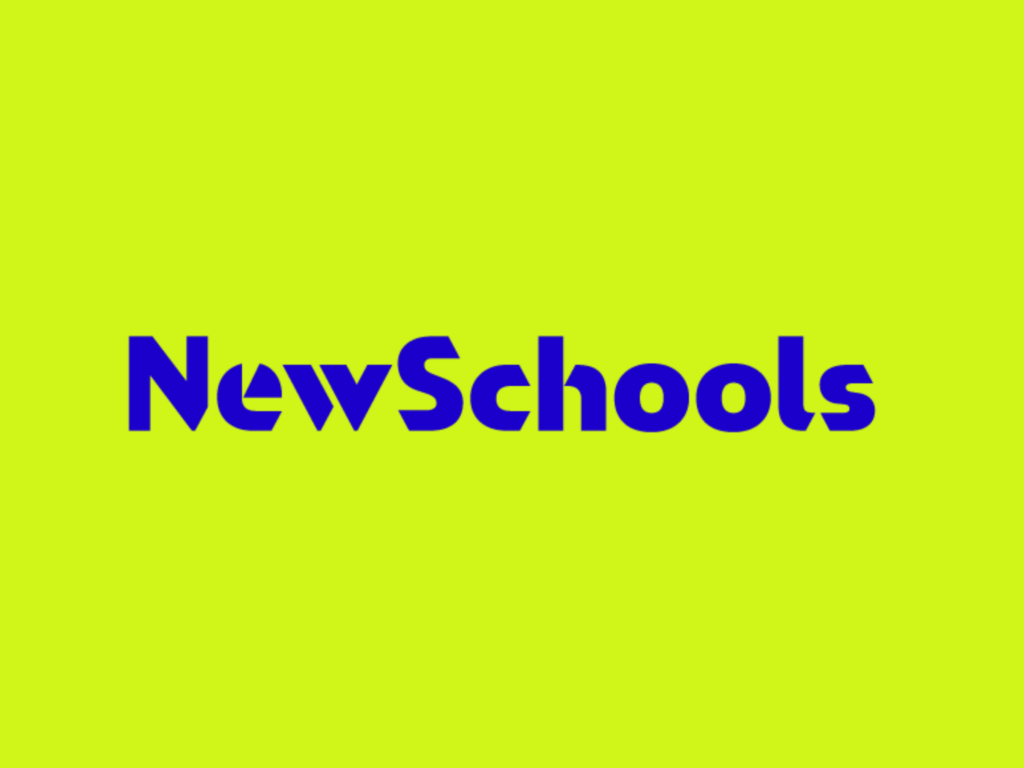Former educators with technology interests are increasingly making their way from classrooms into the startup world as they try to use their school expertise to create ed-tech products and services that solve common problems. What these new “edupreneurs” are often lacking is the knowledge needed to launch and run a business.
Even if the concept for the new venture is sound, experts say, educators-turned-entrepreneurs must develop their business acumen to avoid startup failure.
“Most ed-tech startups that don’t have a history or experience with schools generally don’t do well,” said R. Keith Sawyer, a professor of educational innovations at the University of North Carolina at Chapel Hill, who is overseeing the creation of new programs for education entrepreneurship. “But people who are experienced at teaching generally don’t know much about entrepreneurship and its basic elements.”
Highly motivated business creators with education backgrounds are working to close that knowledge gap to help their ideas succeed. That is one of the themes of a yearlongEducation Week series that will follow three ed-tech startups—all with founders who are former educators or have other classroom experience—as they try to gain a foothold in the marketplace.
Presented in partnership with the University of Pennsylvania Graduate School of Education, the series features startups that were finalists or winners in the school’sMilken-Penn GSE business-plan competition. One venture offers a digital tool to boost students’ vocabulary, another provides a platform that helps teachers use video more effectively in the classroom, and a third has developed an online teacher-coaching program.
For Benjamin Levy, a former middle school science teacher and the co-founder ofeduCanon, an online video platform for teachers, the lure of moving from teaching in a classroom to running a startup came from the possibility of seeing his influence in a more immediate form with wider reach. Instead of waiting years to find out if his former students went into the sciences, for example, Mr. Levy began seeing results and getting positive feedback from his startup quickly.
“There’s a lot of satisfaction and fulfillment in reaching thousands of teachers and their students and empowering them with the set of tools I developed,” said Mr. Levy, who estimated that eduCanon has 35,000 teacher-users.
The K-12 Pipeline
More educators seems to be making their way into the startup world. Jennifer Carolan, a managing director for the NewSchools Venture Fund, an Oakland, Calif.-based nonprofit that invests in many educational startups, said of the 48 K-12 ed-tech startups the seed fund has invested in over the last five years, 22 were created by educators.
“The number of former educators who are startup founders is growing for sure,” Ms. Carolan said. “There are different challenges, however, for educators making that shift.”
The new crop of edupreneurs is stepping into a startup marketplace that is attracting significant attention from investors, especially those interested in ideas that tap educational technology. From the second quarter of 2012 to the second quarter of 2014, venture-capital investment in the K-12 ed-tech sector was more than $1 billion, spread across 243 deals, said Vivek Murali, an associate partner at NewSchools.

